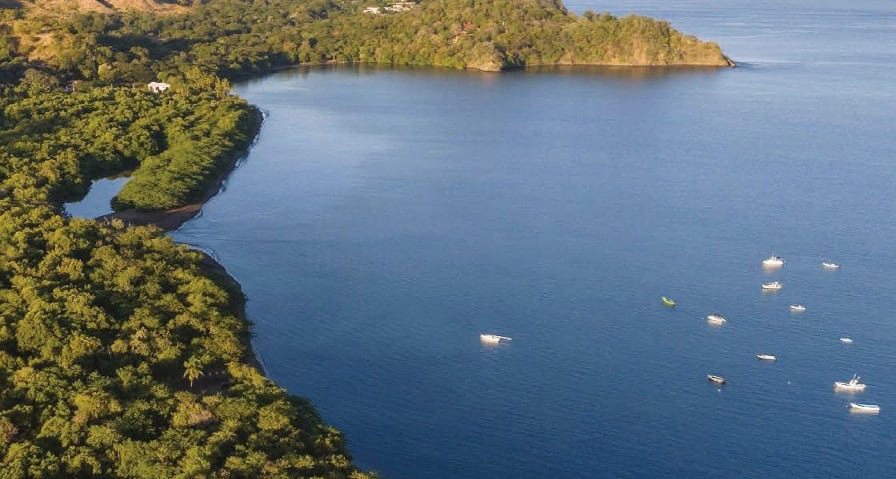A $925 million tourism development in Guanacaste is pushing forward after Costa Rica’s Constitutional Court dismissed an appeal challenging its environmental approval. The Bahía Papagayo project, set to bring hotels and jobs to Playa Panamá, has sparked debate over balancing economic growth with environmental protection.
Court Rejects Appeal
Activist Gad Amit Kaufman, representing the Asociación Confraternidad Guanacasteca, filed the appeal to halt the project, arguing that the National Environmental Technical Secretariat (Setena) failed to properly consult the public. Kaufman cited a developer’s survey showing 88% of locals were unaware of the project, claiming it broke environmental rules.
On May 31, 2025, the Constitutional Court (Sala IV) rejected the appeal under resolution 2025-016284. The justices found that Setena followed the law by publishing the Environmental Impact Assessment in a national newspaper, with no public objections or requests for a hearing. They ruled that questioning the consultation’s quality is for regular courts, not constitutional ones.
A Bahía Papagayo spokesperson said, “This ruling confirms our commitment to a tourism model that’s responsible and boosts Guanacaste. We’ve followed all legal and environmental rules from the start.”
Led by ENJOY HOTELS & RESORTS S.A., the project covers 117 hectares and includes hotels, homes, and recreational areas. Developers pitch it as a low-impact tourism hub aligned with the Costa Rican Tourism Institute’s Master Plan and Setena’s guidelines, promising 1,200 direct jobs and better local infrastructure.
Environmental Risks vs. Economic Gains
Environmentalists warn the project threatens mature forests, wetlands, and a mangrove swamp, home to monkeys, raccoons, and coatis. “It risks cutting off wildlife corridors and destabilizing the coast,” Kaufman said. The Papagayo region also faces natural ocean acidification from seasonal upwelling, which could worsen reef damage if ecosystems are disrupted.
The ruling reflects Costa Rica’s challenge to balance growth with its eco-friendly reputation. A 2023 Samara project was scrapped after community pushback exposed weak approvals, and Kaufman’s appeal aimed for a similar outcome, but the court held firm.Locals are split—some welcome the jobs, others fear environmental damage and rising costs.
Developers emphasize transparency and coordination with authorities, arguing the project will strengthen Guanacaste’s tourism draw. But critics say the environmental cost could outweigh the benefits, especially if mangroves or forests are harmed. Kaufman may challenge the consultation process in ordinary courts, keeping the fight alive. Stay Tuned!






